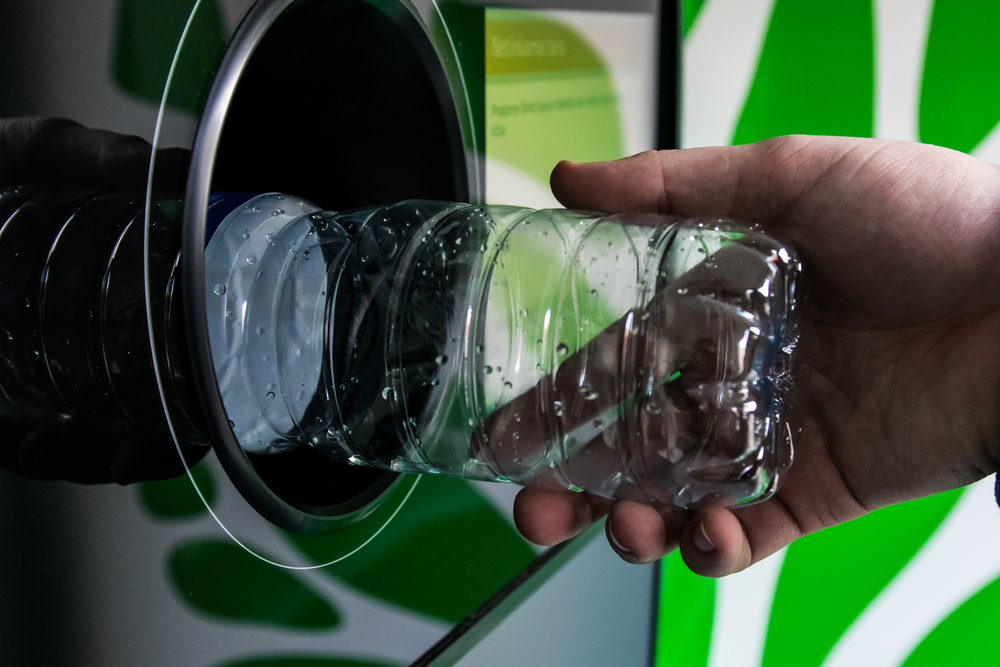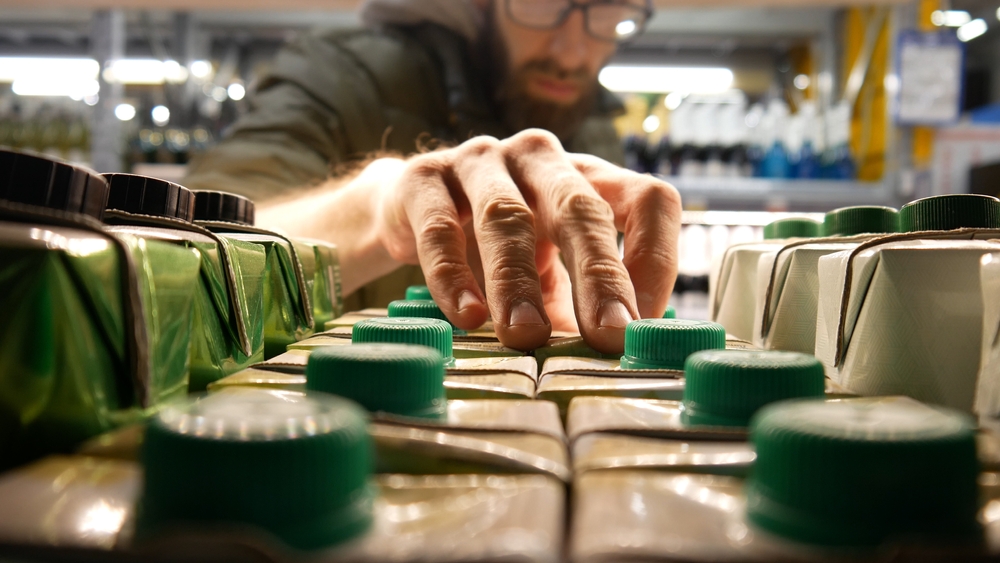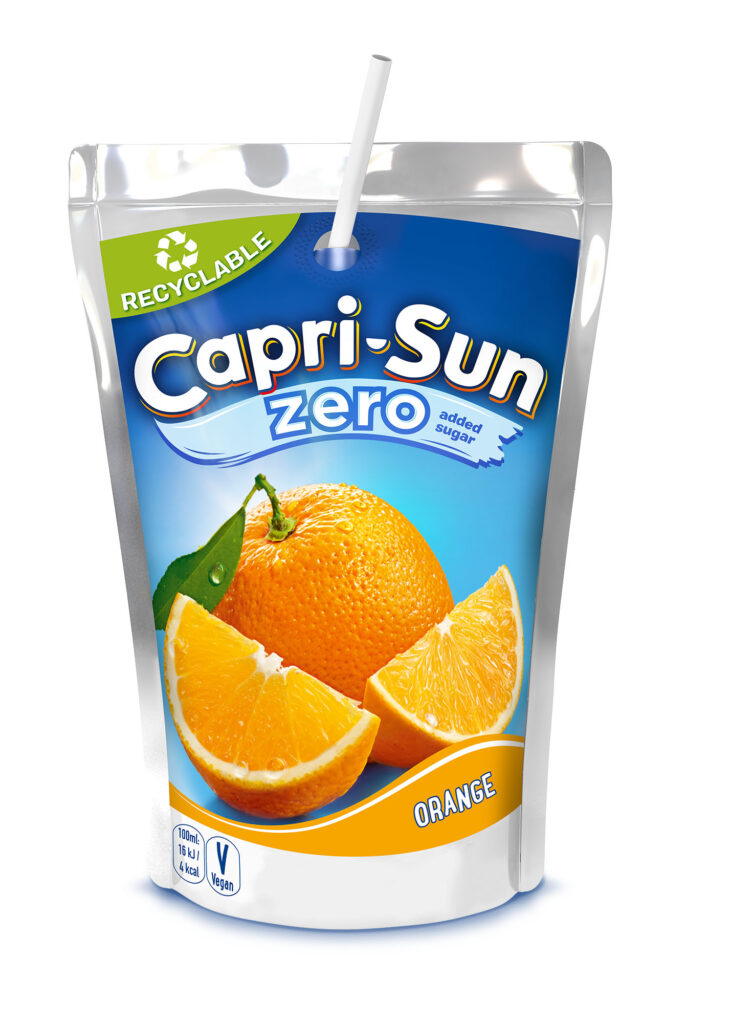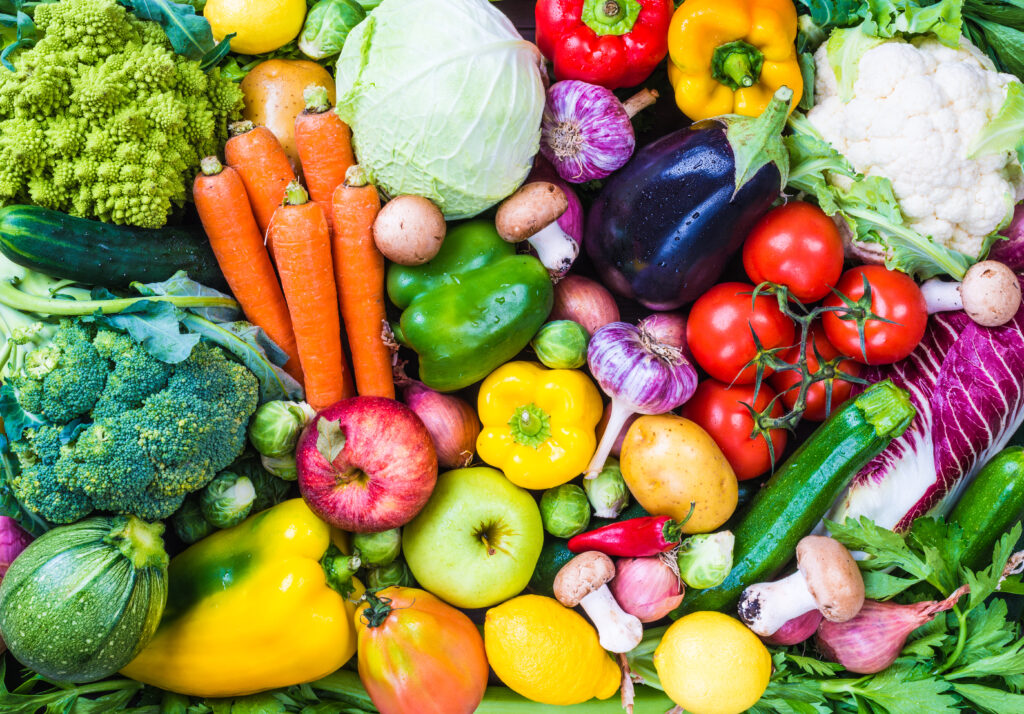Following the launch of a report into the feasibility of the proposed DRS, the think-tank has warned that the system is a “very expensive way of achieving very little” and will lead to local authorities losing out on revenue.

Government is currently consulting on the introduction of a DRS for drinks bottles as part of its Resources and Waste Strategy. The measure would see consumers pay a small deposit upon the purchase of a soft drink, which can be recouped if the packaging is returned for recycling through a retailer.
IEA’s report into the proposal has suggested that a DRS for drinks cans and bottles is expected to cost almost £1 billion to set up (and £814 million per annum thereafter) to collect recyclables worth around £37 million, based on the projected value of the material by Defra.
Recycling rate
IEA claims that the UK already has a “comparatively high recycling rate” with kerbside recycling, compared with the USA, Canada and Australia where deposit systems have been in place for “many years”.
And, the vast majority of containers intended to be collected through the DRS are already being recycled via kerbside collection, the report suggests. Under a DRS “local authorities will lose the revenue they make from selling these materials,” IEA says.
IEA also claims that while the DRS is expected to increase recycling rates, it is unlikely to recover more than an extra 10-15% of beverage containers.
“The government’s impact assessment puts an unfeasibly high value on the intangible benefits of a modest reduction in littering while ignoring the significant costs to consumers of collecting and returning their containers,” according to the briefing.
The report suggests that the benefits of the policy are “outweighed by its costs”. And, IEA states that a DRS would be a “loss-making inconvenience” for consumers and retailers. The report finds that the DRS is predicted to produce benefits of less than £100 million, for more than £800 million of cost.
The report proposes that if the government does proceed with the policy, containers larger than 500ml should be excluded, along with glass bottles.
“A bottle deposit scheme is a nice idea in principle, but it doesn’t make economic sense.”
Chris Snowdon
Institute of Economic Affair
Cost
Commenting on the report, author and head of lifestyle economics at the Institute of Economic Affairs, Chris Snowdon, said: “A bottle deposit scheme is a nice idea in principle, but it doesn’t make economic sense. The government’s own estimates show that it will cost over £800 million to collect recyclables worth just £37 million. It is a loss-making enterprise which consumers will ultimately pay for. In addition, everybody is going to have to start traipsing off to collection points with bottles and cans which would otherwise be recovered with a minimum of hassle through kerbside collection.
“To make the scheme appear worthwhile, the government has put an unfeasibly large figure on the value of a modest reduction in littering while totally ignoring the unpaid labour that will be expected of every household.
“Increasing recycling rates is a noble aim but it should not be done at any cost.”
Related links
Report












Subscribe for free